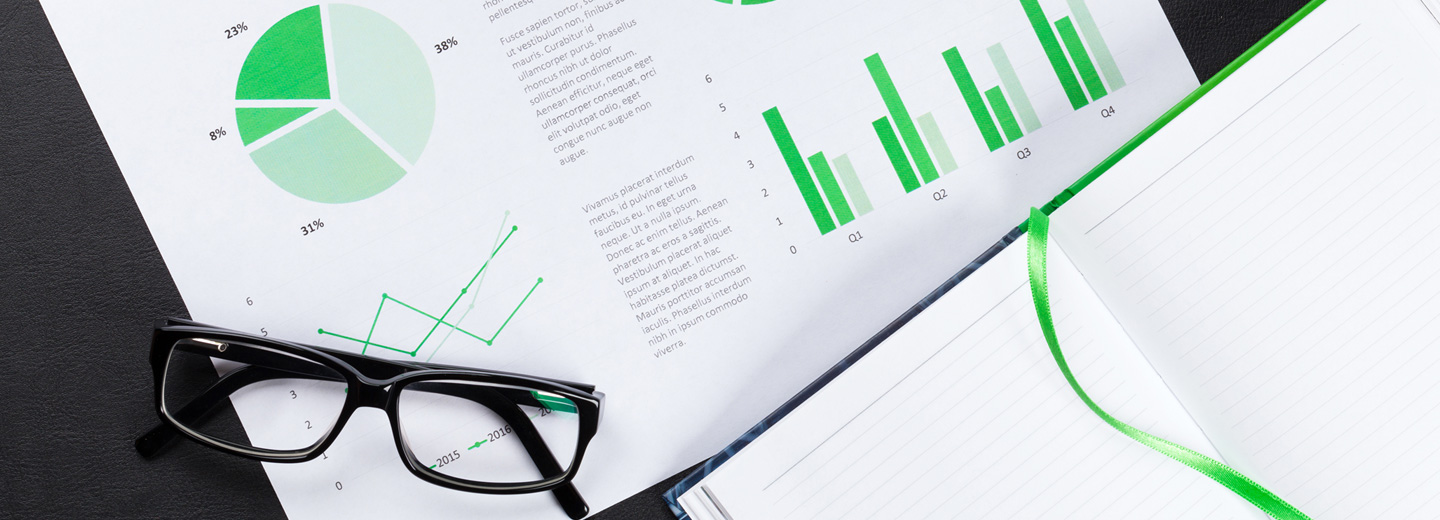Taxpayers who must lodge a tax return
Updated at 2021-12-29 00:00:13
Clients often ask whether they need to lodge a tax return if they only earn less than $18,200,
if they are sole traders but earn less income, etc. In this article, we would like to list the circumstances that you need to lodge individual tax return.
Taxpayers who must lodge a tax return include:
1. Most resident individuals whose total assessable income exceeds $18,200 for the 2020 income year. However:
a. Persons who received certain Australian Government allowances will not need to lodge a tax return if they only had income from this source or if their taxable income was not more than $20,542.
b. Persons who received certain Australian Government pensions or who are entitled to an aged pension will not be required to lodge a tax return unless their rebate income is more than:
i. $32,279 if at any time during the year they were single, widowed or separated
ii. $31,279 if at any time during the year the person and their spouse had to live apart due to illness or the person or their spouse was in a nursing home
iii. $28,974 if at any time during the income year the person and their spouse lived together
c. A person who was an Australian resident for only part of the year will be required to lodge a tax return if their taxable income exceeds their adjusted tax-free threshold ($13,464 plus ($4,736/12) x number of months or part month the person was an Australian resident)
2. A person who has had tax withheld under the PAYG withholding system other than amounts withheld from:
a. franked or partially franked dividends where the amount of the dividends or distributions received and any franking credits totalled less than $18,200
b. dividend, interest and royalty payments received by foreign residents
c. Departing Australia Superannuation Payments
d. payments made to persons participating in the Seasonal Labour Mobility Program
e. certain superannuation lump sum payments made to a person with a terminal medical condition
3. A person who has a Reportable Fringe Benefits Amount (RFBA) or a Reportable Employer Superannuation Contribution (RESC) shown on their PAYG Payment Summary or Income Statement, regardless of income.
4. Every person who, during the year, was not an Australian resident for tax purposes and derived income (including capital gains) that is taxable in Australia, other than franked dividends, interest and royalty income subject to withholding payments
5. Every person carrying on a business or profession regardless of profit or loss.
6. A person who paid Pay As You Go Instalment Tax during the income year, irrespective of income.
7. A person who has made a loss (including a capital loss) during the income year or has a carried forward loss (including a capital loss), which they can claim in the current year .
8. A person who was entitled to the private health insurance rebate but did not claim the correct entitlement as a premium reduction, and their spouse (if they had one) is not claiming the rebate for them in their income tax return.
9. A person, 60 years old or older, who received an Australian superannuation lump sum that included an untaxed element or it is a superannuation lump sum death benefit paid to a non-dependant
10. A person, under 60 years old, who received an Australian superannuation lump sum that included a taxed element or an untaxed element or it is a superannuation lump sum death benefit paid to a non-dependant.
....
Post in category
-
Super Contributions
Claire Chang Updated on 2022-07-22 12:13:26
-
养老基金供款
Claire Chang Updated on 2022-07-30 09:27:57
-
Self-managed Super Funds Auditing
Claire Chang Updated on 2022-07-20 06:18:24
-
自管养老基金相关审计
Claire Chang Updated on 2022-07-20 06:00:04
-
Queensland’s New Land Tax Approach for Interstate Investors
Claire Chang Updated on 2022-07-20 05:41:17




Claire Chang